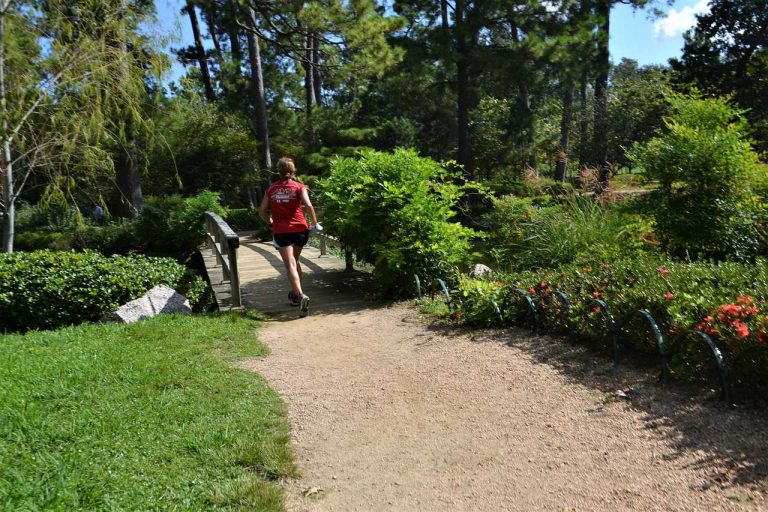Organic gardening is a popular and rewarding hobby. To help you get started, we’ve compiled a list of tips and tricks that are easy to follow, even for beginners.
Rose mildew can be a problem for many gardeners, especially in humid and damp conditions. Symptoms include gray or white spots and wilted buds. To avoid this problem, make sure your roses are not planted too close together, allowing for proper air circulation. If your plants do become infected, use a fungicidal soap.
Pick the right pot size for your plants. If your pot is too small, the roots will become “root bound,” which will prevent growth and eventual suffocation. The size of the pot should match the size of the root system to ensure proper growth and yield.
Not all plants require the same amount of water. Some prefer moist soil, while others do better with drier soil. Be sure to water your plants accordingly to avoid damage from under or over-watering.
Never mow your lawn when it’s wet, as the damp clippings can cause your lawnmower to jam and leave grass stains on your paved areas.
Keep your plants well-aerated and avoid over-watering to prevent parasites and diseases. Fungi can be a common problem, but can be controlled with the right sprays specifically formulated to treat and prevent them.
Consider getting your soil tested by a local university’s agriculture department. This can help you determine what nutrients your soil needs to ensure a successful garden.
Composting is an excellent organic gardening method that can reduce the need for fertilizers, prevent plant diseases, and help prevent soil erosion. It also minimizes waste to landfills and offers a source of nutrition for insects.
Pruning your rose bushes regularly can help increase the number of roses they produce by improving circulation. Rose bushes that are not pruned may eventually wither and die.
Follow a precise schedule to determine when to plant your seeds, taking into account the specific season and the temperature outdoors. Use the past growing season to help perfect your schedule for the next year.
You can renew your garden beds by slicing under the turf, turning it over, and covering it with wood chips. Wait a few weeks before planting your perennial plants. This will make the ground richer and enable greater growth.
Toads are beneficial insects that eat troublesome bugs found in gardens. Create a comfortable habitat for them by keeping your garden bedding moist and provide hiding places for them with old, broken clay pots turned upside down.
Test the pH of your soil and understand its acidity or alkalinity levels. Different crops require different soil conditions so it is important to adjust and plant accordingly.
As a beginner organic gardener, ensure the temperature of the soil is around 70 degrees Fahrenheit by covering your seeds with glass or plastic wrap. Additionally, use sphagnum moss as a natural fungicide to prevent fungal diseases from ruining your seeds.
Planting an insectary garden alongside your vegetable garden is a natural way to prevent harmful insects from damaging your vegetables. This garden spot should attract beneficial insects that will eat the harmful ones, and it can be a separate garden or interspersed with your vegetables.
With patience and time, you can perfect the art of organic gardening. Use these tips and tricks to guide your efforts and enjoy a successful harvest. There are endless plants to explore and grow successfully with the right care and attention.
